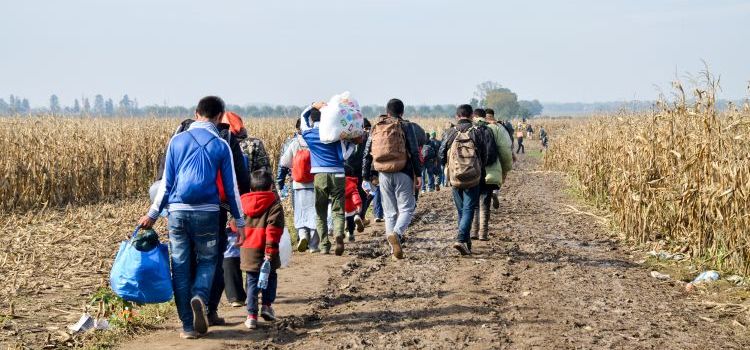
Hello everyone,
Welcome to the latest issue of our church newsletter. Our newsletter is sent out regularly to share reflections from services, Bible readings and church news to our church family. You can find previous issues on our church website here. We would love to hear from you and are always looking for uplifting and encouraging content to share in future issues of this newsletter. If you have any ideas or content that we can share, please do email them to Louise (publicity@christchurchuxbridge.org.uk)
Opening Prayer
Living God,
we thank you for your kindness towards us.
Give us grateful hearts,
and direct us in ways we can share your kindness
with one another and with your world.
Amen.
(Taken from Roots)
Reflection from 25 June: Migration – then and now
Readings – Deuteronomy 24: 14-22 and Luke 10: 25-37
I don’t know if you’ve noticed, but it seems to me that these days, every week of the year is a special week, and in fact almost every week is designated as a special week for more than one cause. Today is the final day of Refugee Week. The themes of refuge, seeking refuge and perhaps more generally migration, run throughout the Bible, and I’ve chosen to split the message up this morning into three parts under their title of ‘Migration: then and now’. We’re going to look first of all, at what the Old Testament has to say to us, then the New Testament, and then think about what the situation is for us and what the Christian message is for today.
Migration in the Old Testament
The Old Testament starts with a whole series of people moving from one place to another for various reasons. Some of these you’ll be familiar with, although perhaps you’ve never thought about them as migration stories. Adam and Eve were ejected from Eden. Cain, one of their sons, was condemned to be a restless wanderer on the Earth. Noah fled the flood in an ark. Abraham as he was then called, was called by God to leave his own country and people to go to ‘the land I will show you’ which was Canaan. And then later when there was a famine in Canaan, he went to Egypt. Lot had to flee Sodom when it was being destroyed. Abraham’s concubine Hagar and her son Ishmael were sent away due to Abraham’s wife’s jealousy.
Abraham’s other son, Isaac, fled to the Philistines because of famine, and then was expelled by them when he became too powerful, and his son Jacob was sent to Padanaram to get a wife and stayed there for 14 years to get two wives because he was tricked about the first one. One of Jacob’s sons, Joseph, was people-trafficked by his brothers and sold into slavery in Egypt. And then later Joseph’s father Jacob and his other brothers come to Egypt again because of famine.
Some time later, Moses, who was subsequently to lead the Israelites, is forced to flee from Egypt due to having killed an Egyptian. And then we have the well-known story of the Israelites as a whole nation, leaving their slavery in Egypt and wandering in the wilderness for 40 years before entering the promised land.
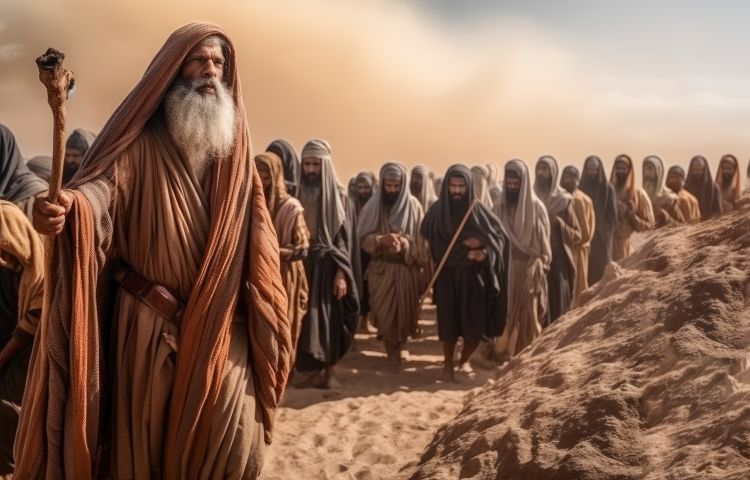
There’s the story of Naomi in the book of Ruth, who initially leaves Israel because of a famine and travels to Moab, and when her husband and sons die, decides to return to Israel. Her daughter-in-law, Ruth leaves her own country, Moab, to travel with Naomi. Elijah had to flee from Queen Jezebel to Horeb after the confrontation with the prophets of Baal when Queen Jezebel was seeking his life. David fled to escape Saul’s murderous intent. And finally, first of all, the Northern Kingdom after Israel splits, and then the Southern Kingdom were each defeated and taken into exile.
But the Old Testament doesn’t just have these stories of migration. It has repeated instructions, one of which we heard in our reading. Deuteronomy 24: ‘Do not deprive the foreigner of justice, remember that you were slaves in Egypt and the Lord your God redeemed you from there. That is why I command you to do this.’ And there are similar instructions specifically referencing the Israelites’ time in Egypt in Exodus 22 and 23, and in Leviticus 19, but that goes even further and says the foreigner residing among you must be treated as a native-born and to love them as yourself. A similar passage in Deuteronomy 10 says love the foreigner because the Lord your God ‘loves the foreigner residing among you, giving them food and clothing.’
There are repeated instructions not to oppress or ill-treat the foreigner, but without referencing the Israelites’ time in Egypt, often linked with the other two main disadvantaged groups of the time, the fatherless and the widow. And in the book of Numbers, there are repeated instructions that the Israelites should treat the foreigner as one of their own. And so, when we look at those first five books of the Bible, the Law of Moses, the Pentateuch, you’ve got all these stories of migration packed with instructions to care for and even love the foreigner and, in fact, the Joint Public Issues Team, which is the Baptist, Methodist and URC’s social justice group says that migrant protection is the most repeated commandment in the Bible.
Migration in the New Testament
I don’t think there are as many stories of migration in the New Testament, but it almost starts with one. After the wise men have come to worship Jesus, Joseph, Mary and Jesus have to flee to Egypt as refugees to escape the murderous intentions of Herod. It’s sobering to think what might have happened if Egypt had closed its borders; if Mary and Joseph had not been able to find sanctuary and safety from Herod. Certainly, there would be no Christian faith as we know it, and no salvation through Jesus.
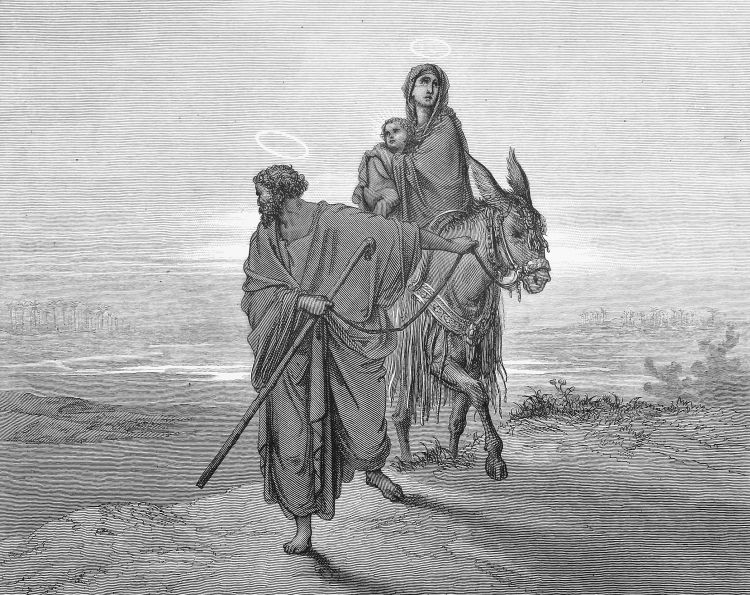
Jesus’s message was about seeking and serving the Kingdom of God, which he said was not of this world, and in in Matthew 25, in the parable of the sheep and the goats, Jesus made it clear that judgement will be based on how we treat other people. The sheep are commended, among other things, because Jesus said ‘I was a stranger and you invited me in.’ Whereas the goats are condemned because ‘I was a stranger and you did not invite me.’ In today’s reading Jesus confirms that the second greatest commandment is ‘to love your neighbour as yourself’. In Luke, we have that wonderful parable of the Good Samaritan, which teaches that our neighbour is not the person who lives next door. It’s not just the member of our own community. But it’s the person who is least like us. People we may even not like.
Elsewhere in the New Testament, Hebrews 13: 2 says ‘do not forget to show hospitality to strangers.’ And Paul, in Galatians 3 makes it clear that issues of race, nationality, or culture have no place in the Christian faith. He writes to the Galatians: ‘There is neither Jew nor Gentile, neither slave nor free, nor is there male and female, for you are all one in Christ Jesus.’ Paul listed the main sort of divisions within his own society. Just as Jesus talked about his Kingdom not being of this world, Peter described our status as Christians as being foreigners and exiles, and the writer of Hebrews says we are foreigners and strangers on Earth. And in Philippians 3: 20, Paul gives the reason for that when he says our citizenship is in heaven. Unlike the Jews, who had a very strong sort of cultural memory and history of being refugees, foreigners in Egypt, we might not have that. But ultimately, we’re all descendants of immigrants. For some of us that might be quite recently; for others, if we were able to go back far enough to Angles and Saxons and Vikings and Romans.
The history of certainly this part of the world is of continuous waves of immigration. Our approach should be to say, ‘there but for the grace of God go I. What have I done to deserve my home, my job, my freedom of speech, my safety, my access to public services? No more than those without those things who are seeking them now.’ We are just fortunate to be living in this country, which is something to give thanks for and respond to with generosity, not selfishness. The parable of the unforgiving servant in Matthew 18 teaches that those of us who have received much will be condemned if we do not give at least a little to those who have so much less. Therefore, in refugee week and in every day in the future, we should not be conforming to the prejudices and selfishness of the world, but rather being transformed, as in Romans 12: 2 ‘by the renewing of our mind to be Christ-like, loving, generous and welcoming to those less fortunate than ourselves.’
Migration today
So we come to today to a world in which there are over 100 million refugees worldwide, most of whom are actually refugees in their own country. People who have fled from an unsafe part of their country to a slightly safer part. Most of the others are actually still in neighbouring, often very poor, countries. Only 90,000 people have applied for asylum in the UK, a very small proportion of the international total, and far less than those living in similar countries like France, Germany and Spain. 3/4 of all asylum applications in the UK are approved and nearly half of appeals are approved as well. And while there are illegal immigrants and economic migrants, they’re clearly in a minority.
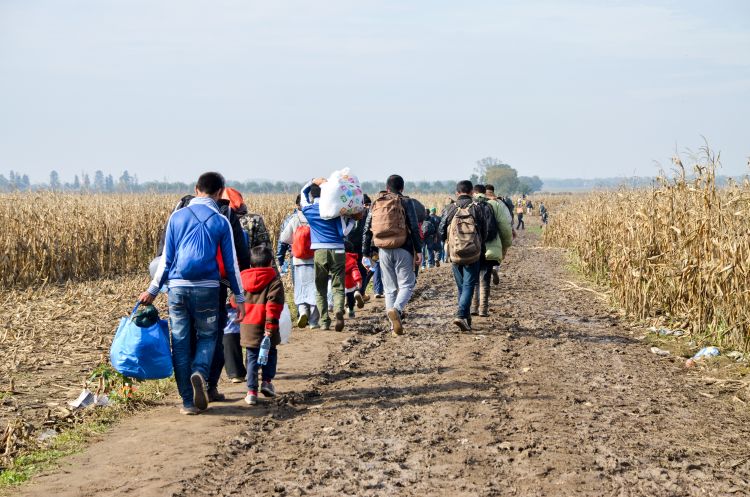
I don’t want to bombard you with stats. I’d like to tell you a story about a young Pentecostal Christian couple from a small village in Eritrea called Daniel and Ella. Being a Pentecostal Christian in Eritrea is illegal, and so Ella and Daniel had to meet in secret to worship. But one day when they were praying with friends, the police raided their home and arrested them both, taking them to separate prisons and denying them any contact with each other.
Daniel was fortunate that he had a wealthy uncle who lived in the city where he’d been imprisoned, who managed to get him released. Daniel then fled on foot to neighbouring Sudan, but it wasn’t safe for him to stay there either. His uncle arranged a flight for him to Paris where he was taken by people smugglers, first to Calais and then by lorry to Dover, where Daniel sought asylum. He had to wait two years for an asylum decision, and, devastatingly, the decision was negative. His asylum claim had been rejected, even though generally, the success rate for claims from Eritrea is very high due to the persecution of Pentecostal Christians and its poor human rights record.
With no right to remain, Daniel ended up sleeping rough before discovering the Camden night shelter in the winter of 2015. The team there helped him to find a solicitor to assist him with his asylum claim and put him in touch with housing justice, who found a host family for Daniel to live with after the night shelter closed in the spring. That arrangement worked so well that Daniel actually lived with his host and the family for 3 1/2 years, becoming a much loved part of the family. Finally, with legal help, Daniel was able to prove that he was an Eritrean and a Pentecostal Christian, and he was granted asylum and leave to remain in the UK in the summer of 2019 four years later. That enabled him to start work immediately, and he’s now a permanent employee with a cleaning company.
But in all this time, he still had no news of his wife where she was. So as soon as he got his papers and would be allowed to come back into the country, he flew to Africa to look for her, but was unsuccessful. He heard nothing of her for another two years until a photographer contacted him to say that he knew where Ella, his wife, was because he’d taken her photo for ID in an Ethiopian refugee camp. He said she was now in Kampala, Uganda, having been trafficked from Ethiopia and said to Daniel that he could put them in touch. A few days later, they spoke for the first time in almost 10 years, on WhatsApp.
With the help of Daniel’s solicitor, Ella was moved to a safe house and the process to enable her to join Daniel in the UK began. Daniel was able to visit her in Uganda, where they were reunited after almost a decade apart. But it took another further year before Ella received her paperwork and arrived at London Gatwick. While the scars that they have both received along the way are still very raw and real, they’re now safe in their own home and can start healing and building a new life together. Daniel’s back working and Ella has a job in the hospitality sector. To most of us living in Europe, what Daniel and Ella have been through is unimaginable. But sadly, many thousands of people are forced to flee war, torture and persecution every day.
If the Illegal Migration Bill that currently working its way through Parliament becomes law, refugees like Daniel would not be allowed to claim asylum in this country because he arrived through an unofficial route. The theme of Refugee Week this year is ‘compassion’ which, unlike the Home Office’s policy of a hostile environment, is a fundamentally Christian principle. Refugee week is not a Christian week, but its motivations and its values are fundamentally in tune with God’s command for us to love our neighbour as ourselves, and Jesus’s teaching about who our neighbour is.
We can respond to that command from God. Don’t rely on the mainstream press, which is very often very anti refugees, but inform yourselves about migration issues. You can perhaps, if you’re able to, give to charities that support refugees like the Refugee Council and Housing Justice. You could volunteer in various ways, perhaps, if your circumstances are appropriate, maybe even hosting a refugee like Daniel. And we can certainly all pray and use our democratic vote voice with both elected and aspiring political candidates.
Peter Davies
Readings for 25 June
Matthew 1: 40-42
40 “Anyone who welcomes you welcomes me, and anyone who welcomes me welcomes the one who sent me. 41 Whoever welcomes a prophet as a prophet will receive a prophet’s reward, and whoever welcomes a righteous person as a righteous person will receive a righteous person’s reward. 42 And if anyone gives even a cup of cold water to one of these little ones who is my disciple, truly I tell you, that person will certainly not lose their reward.”
Further readings from the lectionary this week are as follows:
- Jeremiah 28: 5-9
- Psalm 89: 1-4, 15-18
- Romans 6: 12-23
Our worship
We meet at 11am for our Sunday services, which are also live-streamed on our Facebook page. If you wish to view our services online, you can find them at www.facebook.com/christchurchuxbridge. You do not have to be a Facebook user to watch them – our services are publicly viewable. You can also view a recent service on our church website. Our service this week will be led by URC lay preacher, Anne Byfield. You can find the order of service here.
If you are unable to join us in person or online for our Sunday services, but would like to receive a recording of them on a memory stick to watch at home, please let us know.
Forthcoming services
2 July – Anne Byfield (URC lay preacher)
9 July – Christ Church worship group (Louise George)
16 July – Revd Dr Dong Hwan Kim (Methodist minister)
23 July – Christ Church worship group (Louise George)
Church charity news
Church charity events
The following events are currently planned to help fundraise for this year’s church charity, Communicare Counselling Service. Details will follow nearer the time.
Table-top sale – Saturday 23rd September
Quiz evening – Saturday 14th October
Silent auction – November
You can find more details about Communicare Counselling Service, our church charity for 2023 at:
https://christchurchuxbridge.org.uk/activities/churchcharity2023
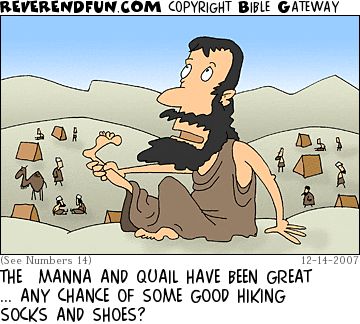
From the Circuit
Farewell Service
The Farewell Service for Revd Andrew Pottage will be on Sunday 2nd July at 4pm. The service will be held at Northwood Methodist Church.
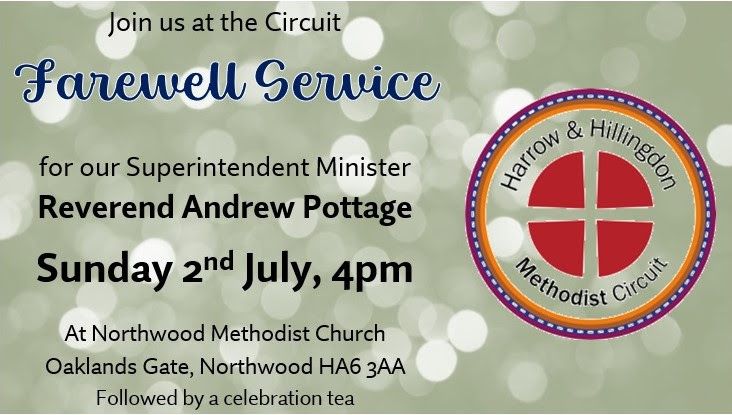
Voices in Accord concert
Songs for a Summer Afternoon – Saturday 15th July, 2.45pm at North Hillingdon Methodist Church
Voices in Accord, conducted by Alison Elcoat, present ‘Songs for a Summer Afternoon’ – a concert in aid of the Hillingdon Brain Tumour Group at North Hillingdon Methodist Church, 260 Long Lane, Hillingdon UB10 9PB on Saturday 15th July 2023 at 2.45pm. No tickets are required but there will be a retiring collection for the charity.
Part-time clerical assistant vacancy
We currently have a job vacancy for a part-time clerical assistant. The main duties will involve:
- Assisting in co-ordinating the day-to-day running of the church
- Keeping the church diary up to date with room bookings and exploring avenues for increasing income through room bookings and creative use of the church premises.
- Responding to enquiries and visitors to the church office
- Assisting with providing admin support to the Church Administrator, minister (when in post) and elders, including producing publicity materials and papers for meetings.
Applicants are sought with relevant experience, computer literacy and sympathy with the aims of the Church.
The post is for 15 hours a week (worked Monday – Friday)
Proposed start date: August 2023
Salary £9,350 – £10,300 per annum depending on experience
An application pack is available from the Resources coordinator (resources@christchurchuxbridge.org.uk)
Closing date for applications: 5pm on Friday 30th June 2023.
NHS 75 Open Day
Saturday 8th July, 11am – 3pm at Mount Vernon Hospital
We are holding a family friendly open day at Mount Vernon Hospital on Saturday 8 July, from 11am – 3pm, as part of our NHS 75 celebrations.
Entry is free, and there will be range of activities on offer including a bouncy castle, games, and a football tournament, as well as stalls offering information about healthcare services and careers in the NHS.

Dates for your diary
7 July – Boys’ and Girls’ Brigade Display, 7pm in the Watts Hall
10 September – Congregational meeting
23 September – Table-top sale in aid of Communicare Counselling Service
30 September – URC Learning Hub (focusing on small groups and intentional relationships)
14 October – Quiz night in aid of Communicare Counselling Service
19 November – Congregational meeting
Children’s Corner
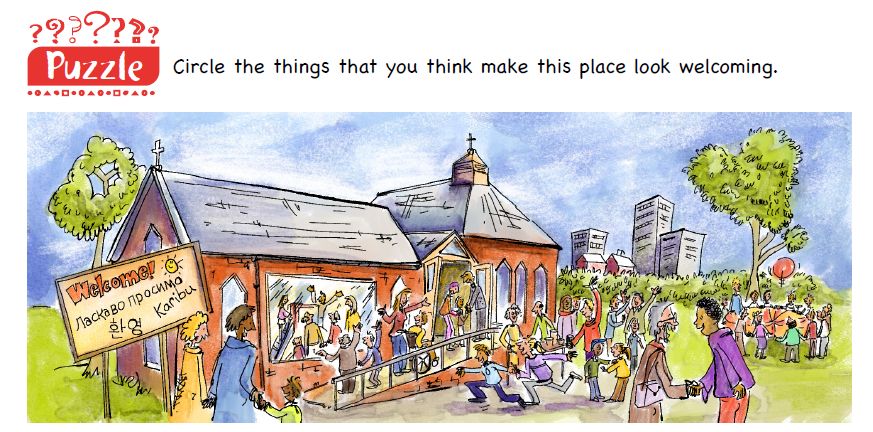
Praying for other churches
This week we hold the following churches in our prayers:
- South Harrow Methodist
- St Margaret’s & St George’s, Harlesden (URC/Moravian)
Closing prayer
May the One who calls us in the day and the night,
allow you to hear and understand.
May the One who let the silenced speak and the downcast rise,
enable you to speak and be heard.
May the One who inspires love and justice, bless you with passion,
and the blessing of Almighty God,
Father, Son, and Holy Spirit,
rest upon you now and always, Amen.
(Taken from the URC Worship Notes for 2 July 2023)
